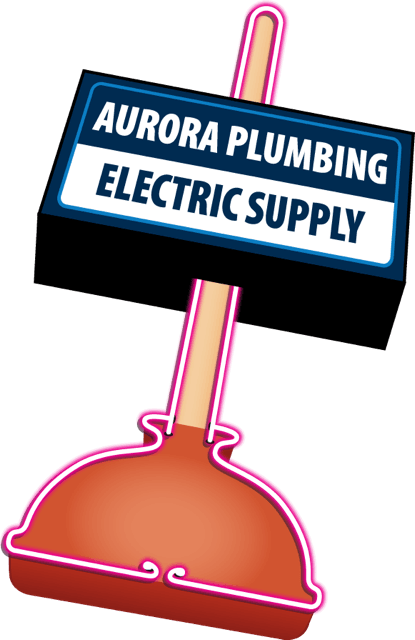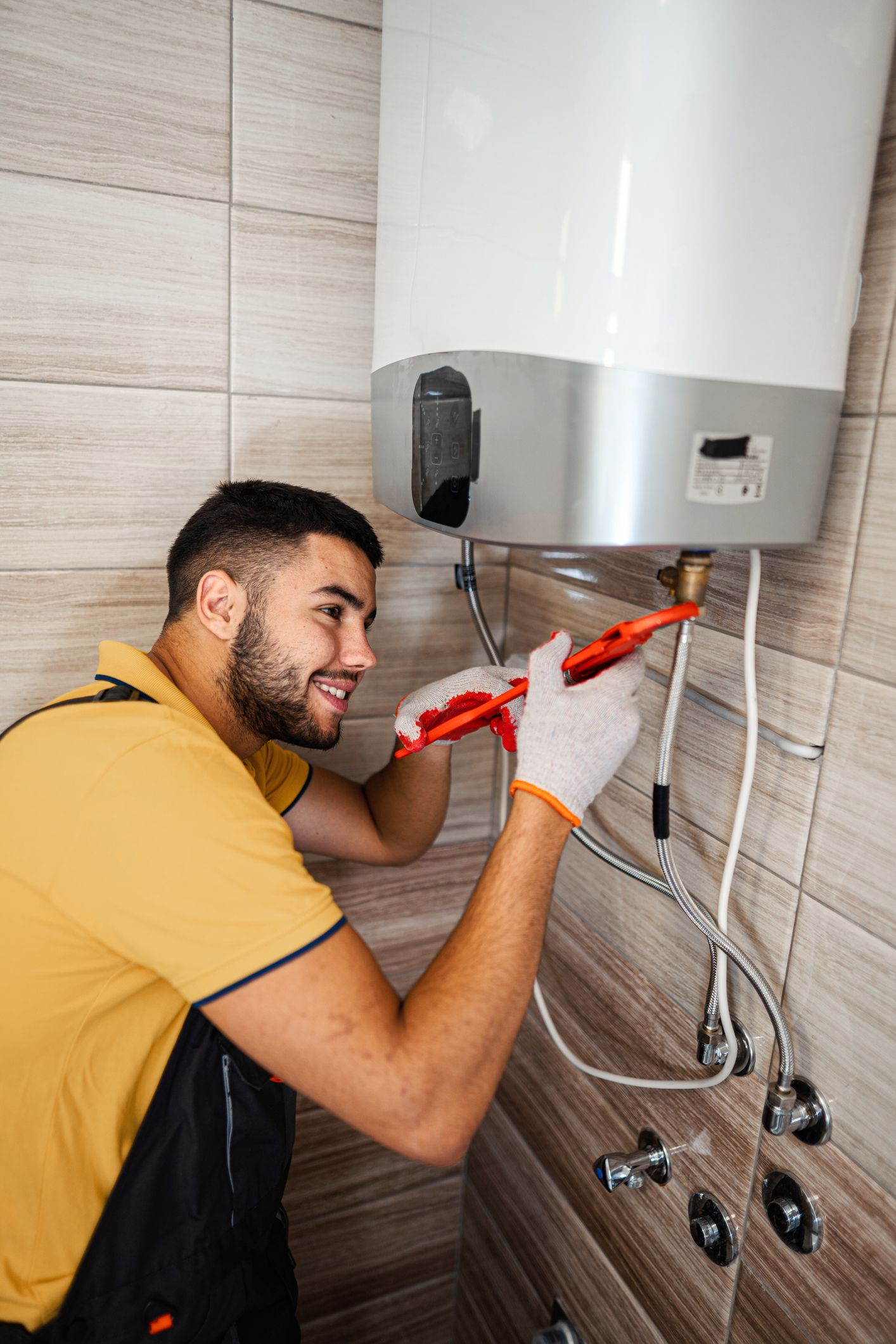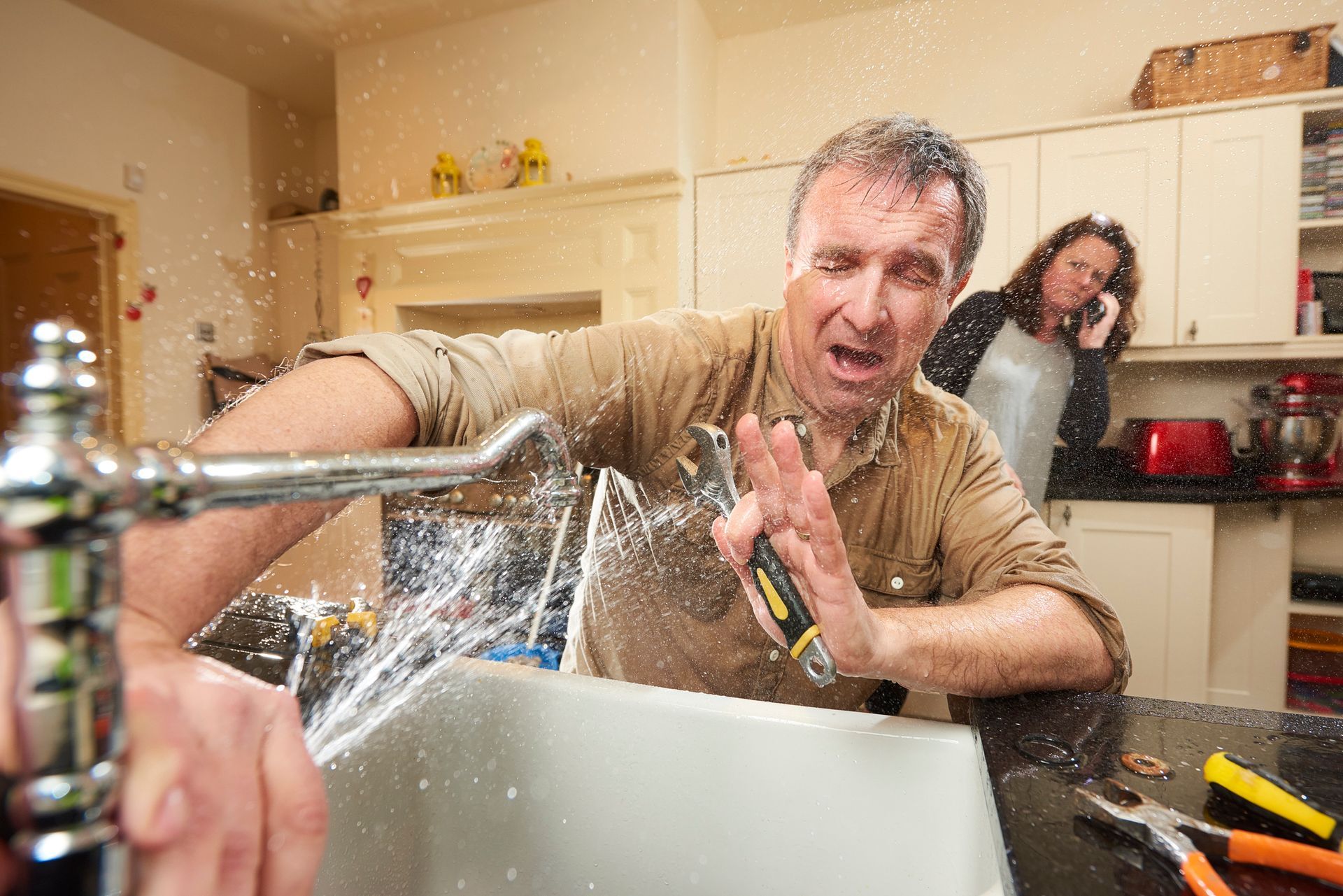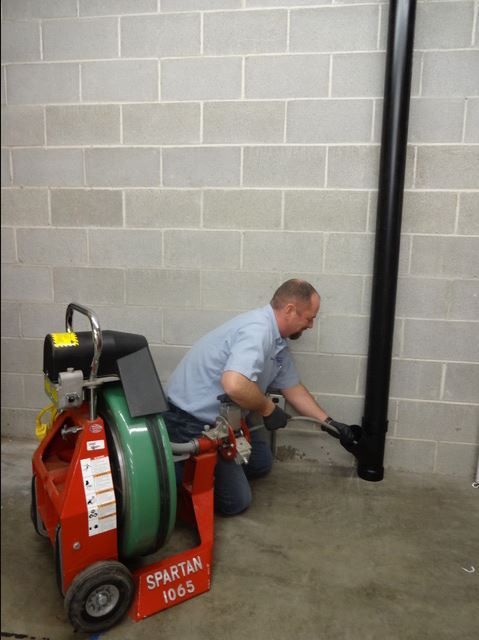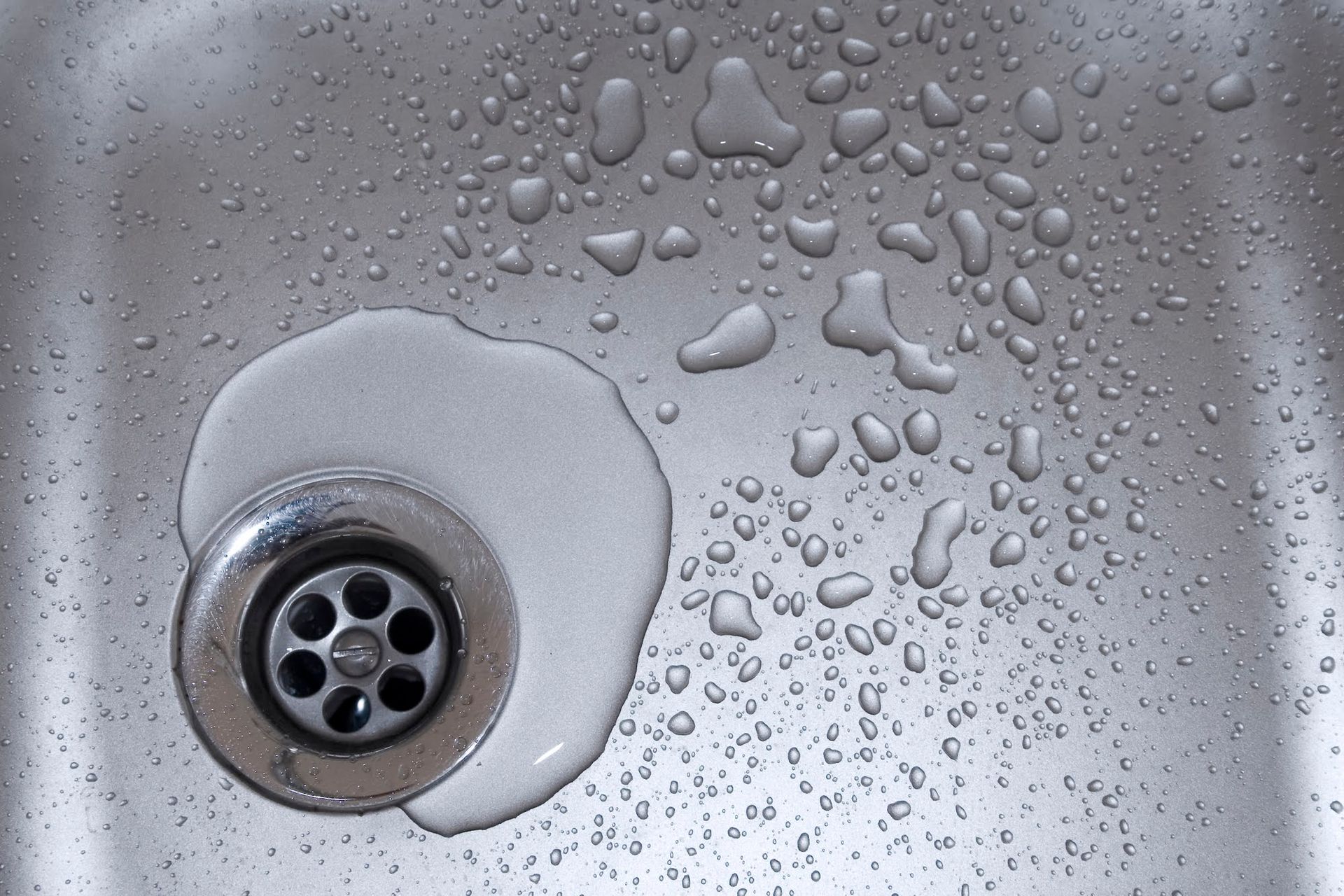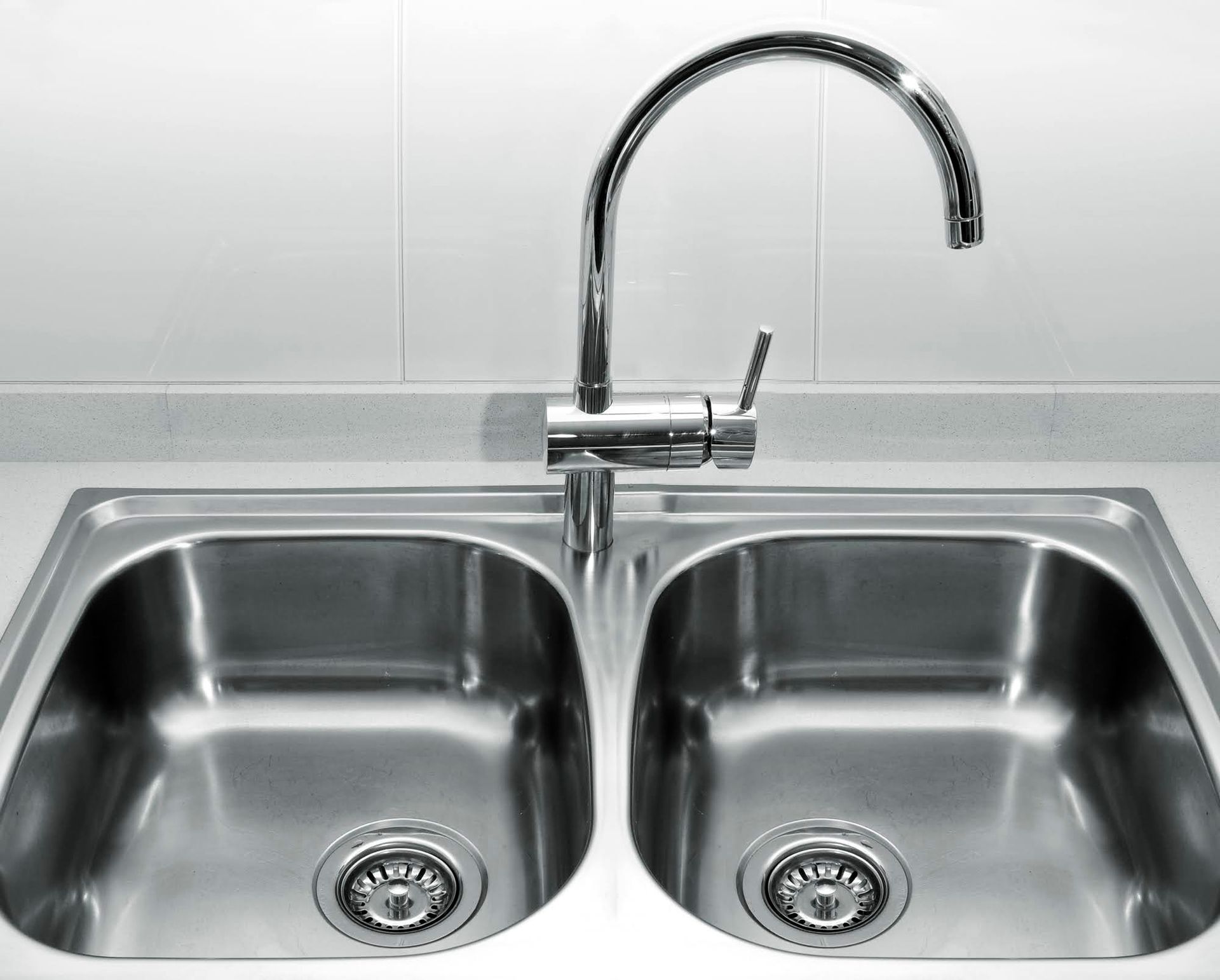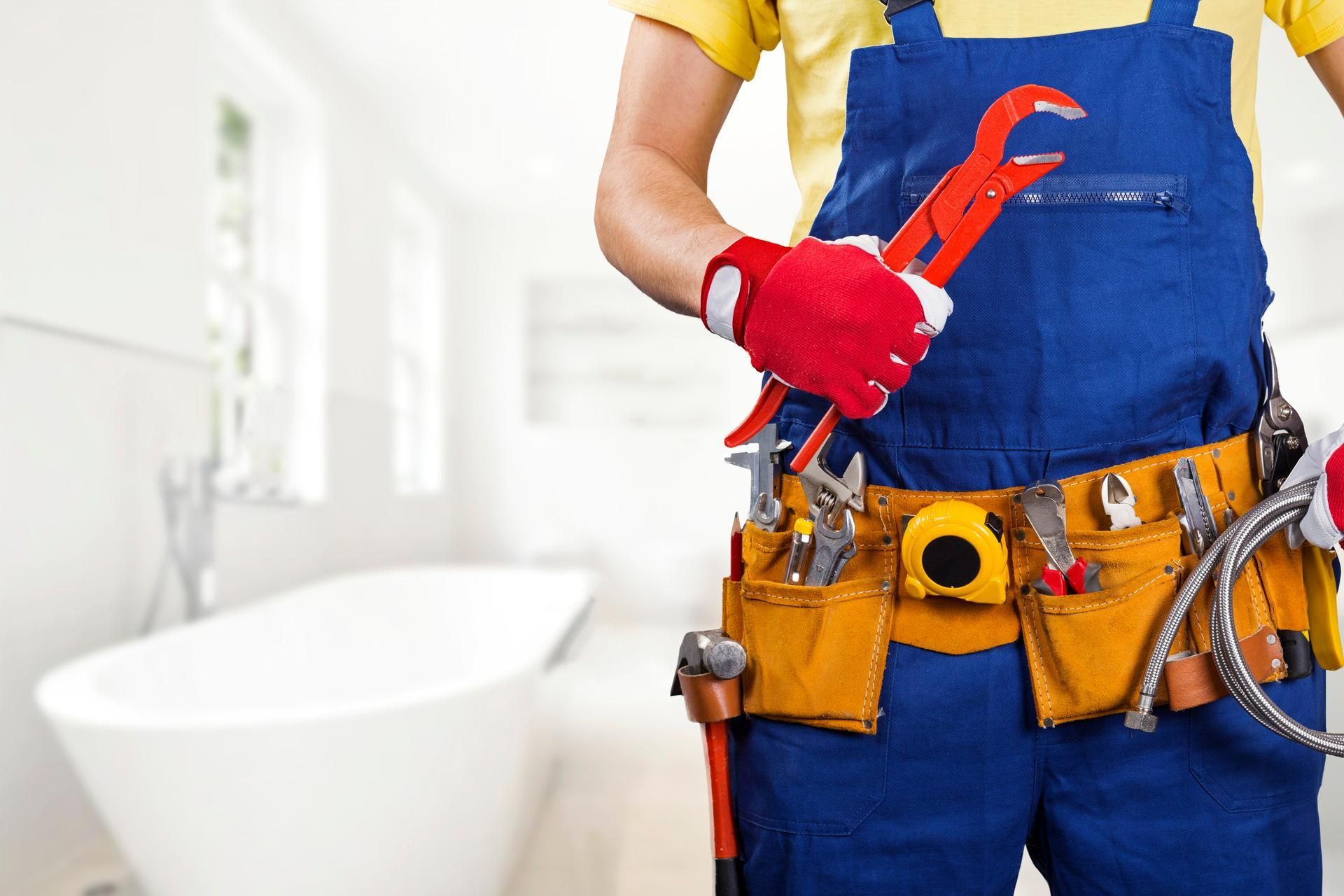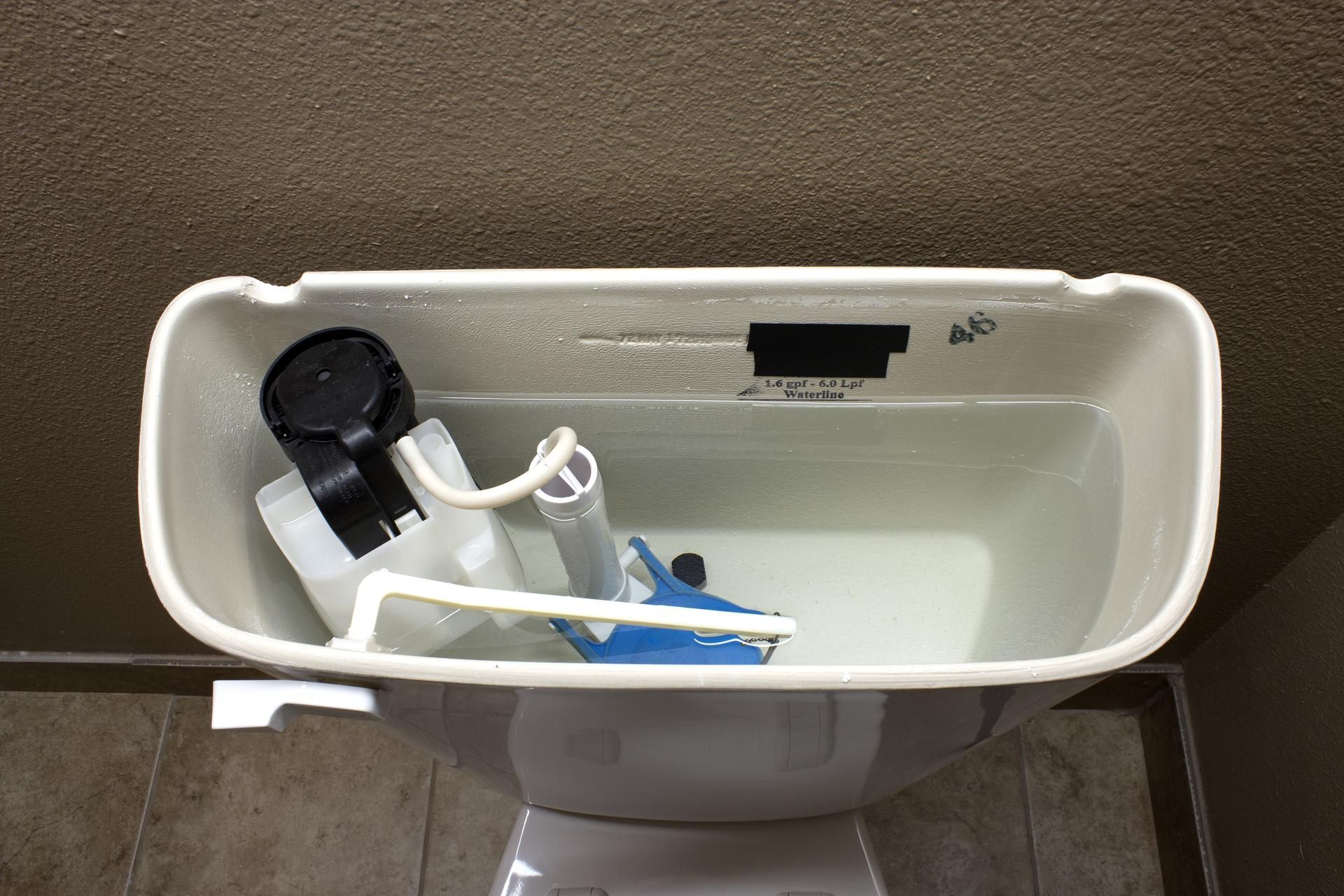Understanding The Causes Of Sewer Line Damage
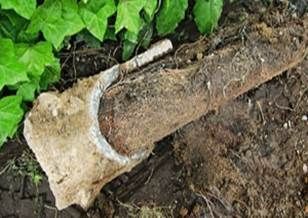
Your home's sewer lines play a crucial role in transporting wastewater away from your property, ensuring a clean and sanitary environment. However, despite their essential function, sewer lines are susceptible to damage from various sources, leading to costly repairs and potential health hazards. Understanding the common causes of sewer line damage is key to preventing issues and preserving the integrity of your plumbing system. In this blog post, we'll explore the primary culprits behind sewer line damage and discuss preventive measures to safeguard your home.
Tree Roots
One of the main causes of sewer line damage is invasive tree roots. Trees and shrubs seek out sources of water, and sewer lines provide an attractive target due to the nutrient-rich environment inside the pipes. Over time, tree roots can infiltrate sewer lines through tiny cracks or joints, causing blockages, leaks, and ultimately, structural damage. Regularly inspecting your property for signs of invasive roots and planting trees away from sewer lines can help mitigate this risk.
Aging Infrastructure
As homes and buildings age, so do their sewer lines. Older sewer pipes made of materials such as cast iron, clay, or bituminized fiber pipes are more prone to deterioration and failure over time. Common issues associated with aging infrastructure include corrosion, rusting, and collapse, leading to sewer backups and sewage leaks. If your home is equipped with outdated sewer lines, consider investing in professional inspection and replacement to prevent costly repairs down the line.
Physical Damage
Sewer lines are often buried underground, making them susceptible to physical damage from external forces. Excavation work, construction activities, or even accidental impacts from heavy machinery can cause cracks, fractures, or complete breaks in sewer pipes. Additionally, shifting soil, ground movement, or seismic events can exert pressure on sewer lines, compromising their structural integrity. Utilizing caution when performing landscaping or construction work near sewer lines and promptly addressing any signs of damage can help prevent further deterioration.
Grease And Food Waste
Over time, grease, oil, and other harmful substances can solidify and adhere to the inner walls of sewer pipes, narrowing the passage and impeding the flow of wastewater. Additionally, food scraps and organic debris can accumulate in sewer lines, providing a breeding ground for bacteria and contributing to foul odors and clogs. Implementing proper grease disposal practices and using drain strainers to catch food particles can help prevent blockages and maintain sewer line integrity.
Flushing Non-Flushable Items
Certain items that seem flushable, such as paper towels, are not. Items including baby wipes, feminine hygiene products, and even cotton swabs will not break down like toilet paper and can accumulate in sewer pipes, causing obstructions and backups. Additionally, flushing household chemicals, medications, or other hazardous substances down drains can corrode sewer pipes and pose environmental risks. Educating household members about what can and cannot be flushed and providing proper waste disposal options can prevent costly sewer line repairs.
Soil And Groundwater Conditions
Soil composition and groundwater levels can also impact the integrity of sewer lines. Highly acidic or corrosive soil can accelerate the deterioration of sewer pipes, while expansive soils prone to swelling and contraction can exert pressure on pipes, leading to cracks and shifts. Additionally, high groundwater levels can infiltrate sewer lines through leaks or cracks, causing saturation and erosion of surrounding soil, further compromising pipe stability. Understanding the soil and groundwater conditions on your property and implementing measures such as proper drainage and soil stabilization can help mitigate these risks.
Understanding the causes of sewer line damage is essential for homeowners seeking to protect their plumbing infrastructure and avoid costly repairs. By addressing potential risk factors such as invasive tree roots, aging infrastructure, physical damage, and improper waste disposal practices, homeowners can safeguard their sewer lines and ensure the continued functionality of their plumbing system. Regular inspection, maintenance, and proactive measures are key to preserving the integrity of sewer lines and maintaining a healthy and hygienic home environment.
Contact us to learn more or for help with sewer line repair.

